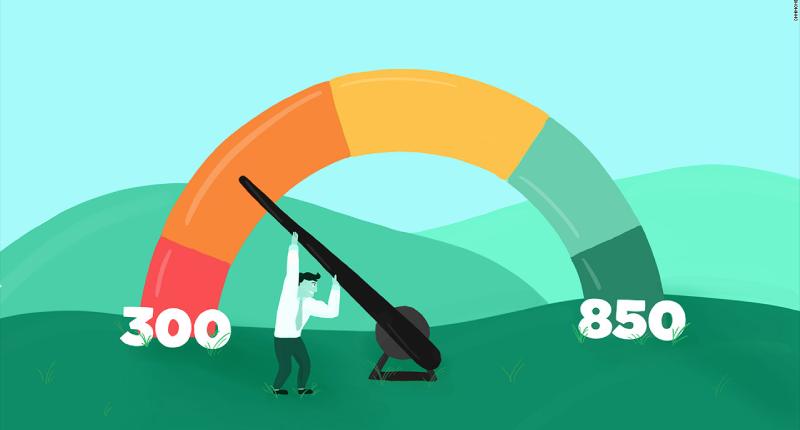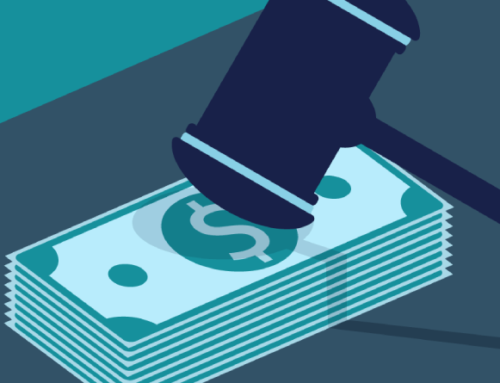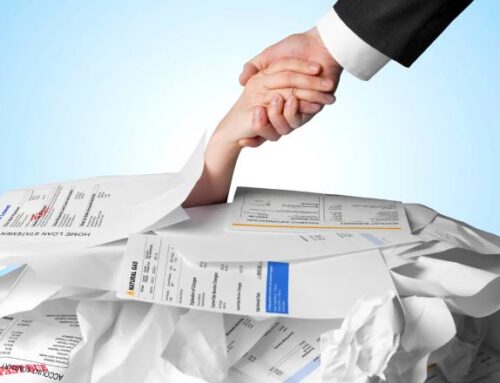Bankruptcy Credit Report – How It Affects You
The basic types of bankruptcy that an individual or sole proprietorship might apply for are Chapter 7 and Chapter 13. Credit Report agencies are private entities and, to a large extent, set their own rules regarding bankruptcy credit report rules. In general, however, a Chapter 7 bankruptcy will typically stay on your credit report for 10 years while a Chapter 13 bankruptcy will typically stay on your credit report for 7 years.
This doesn’t let you completely off the hook, however, as many job applications and credit applications will explicitly ask if you’ve ever filed for bankruptcy. And these applications also require you to sign your name indicating that everything you’ve specified on the application is true. And it’s not recommended that you lie, else you be charged with fraud. So, even though your bankruptcy may not be on your credit report, there are other ways for creditors to discover if you’ve ever filed for one.
Bankruptcy Credit Reporting And Your Credit Score
The credit score reflected in your credit report varies depending on how long it’s been since your bankruptcy filing. As you might expect, the further you get away from your bankruptcy filing, the less effect it has on your credit score. For example, if you filed Chapter 7 just over nine years ago, it’s going to have a much less effect on your credit score than if you had made the filing 6 months ago.
When looking for a loan, of course bankruptcy is bad. But creditors look at other things on your credit report in addition to bankruptcy status. After all, a bankruptcy will only cause your score to drop by between 150-300 points. So, even though your bankruptcy will remain on the books for a number of years, you should start working to improve your credit score as soon as possible.
You do this by drastically changing your spending and credit habits to pay off your debts on time. After a bankruptcy, you may be a bit credit shy and be tempted to adopt a “cash only” life style. If, however, you want to build up your credit score, this would be a mistake. The only way to improve your credit score is by taking on more credit and treating it responsibly.
How To Remove Bankruptcy From Credit Report After 10 Years
If, after 10 years have passed, a credit report agency is still reporting the bankruptcy to your creditors, you should immediately challenge the agency and request, strongly, that they remove the information from your report. When making the request, send it via certified mail. By law, the credit agency has to respond to your dispute within a 1 month time frame.
How Bankruptcy on Credit Report Affects You
One reason that claiming bankruptcy should be among the last resorts that you use to get rid of your debt is that, having a bankruptcy on your credit report can have many negative effects on your life. It can prevent you from getting an apartment, a job, or a loan. It can make it extremely difficult to be approved for a home load. In some cases, it’ll even make it difficult to get insurance. That’s why before you make the decision to file for bankruptcy, talk with a trustworthy bankruptcy attorney or non-profit credit repair agency to determine all of your options.






